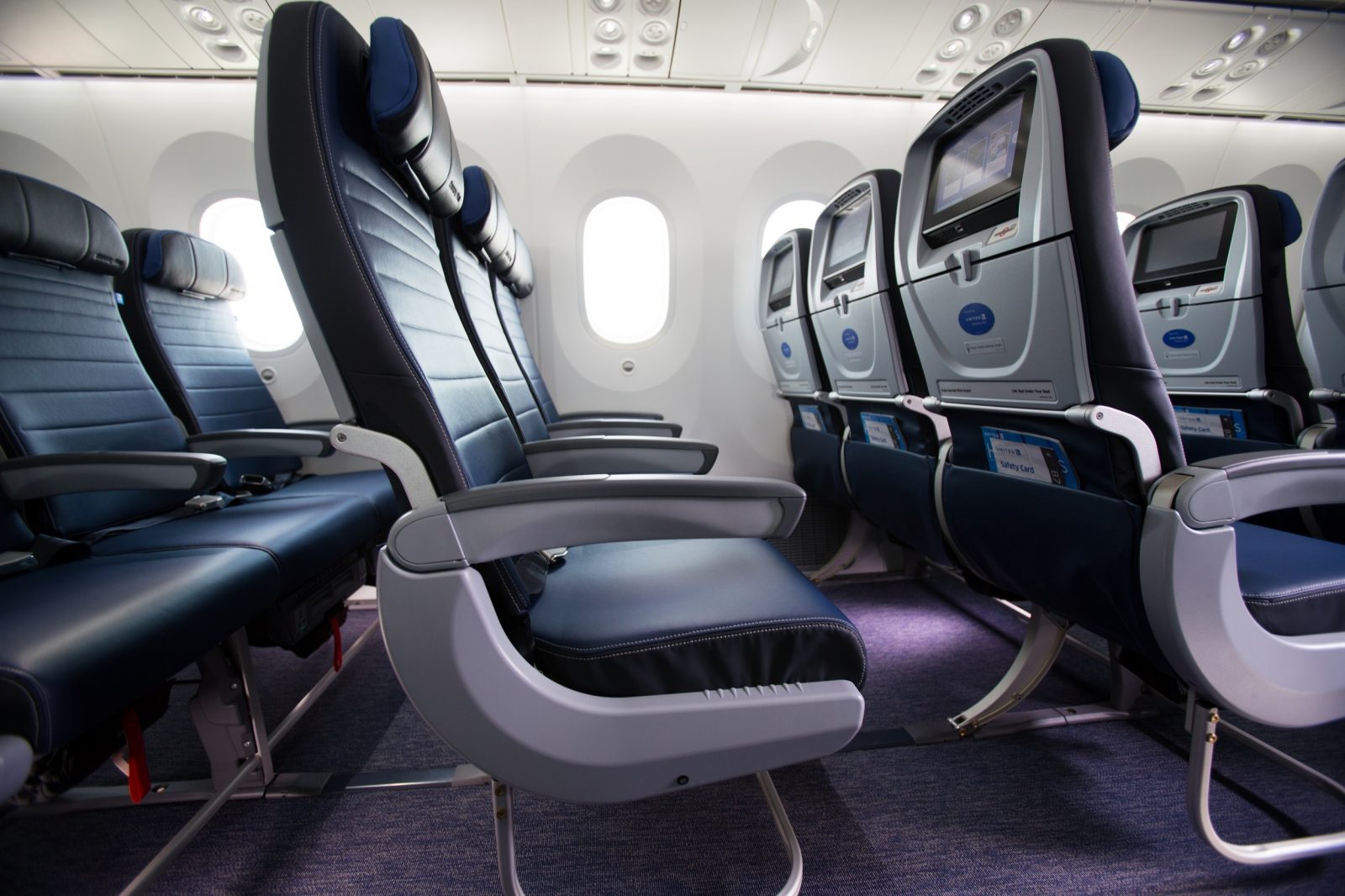
Flight attendants across the United States are being urged to contact their member of Congress in a bid to pass the FAA Reauthorization Act of 2018 through the House and into law… unchanged. The bipartisan Bill was introduced to the House last week to primarily guarantee funding for the Federal Aviation Authority (FAA) for the next five years but it also comes with a whole host of other reforms and measures.
High up on the agenda for flight attendants is a reform within the hundreds of pages of the Bill that will secure them a minimum of 10-hours rest between shifts. At present, flight attendants who have worked a 14-hour work day or more can only rely on a minimum of at least 8-hours rest between flights.
And according to the Association of Flight Attendants that rest period isn’t time actually spent in bed – “The rest period includes travel to the hotel, checking-in, possibly eating a meal, getting prepared for bed, getting dressed for work the next morning, travel to the airport, clearing security and traversing the concourse, and last, but certainly not least, sleep time,” a recent media release from the union explained.
The reform though would make sure flight attendants have at least 10-hours rest – in their hotel room, not cleaning an aircraft or battling through rush hour traffic. Airlines would be prevented from denying their staff this minimum rest under any circumstances.
Interestingly, it’s not the first time such a reform has been suggested but plans have been scuppered in the past. Even when U.S. pilots were given a similar protection in 2013, flight attendants were left behind – despite an FAA report from all the way back in 1994 saying flight attendants should have the same rest as flight crew.
“Flight Attendants, aviation’s first responders, should have the same rest minimum breaks provided to pilots, 10 hours – release to report – and not a minute less,” the Association of Flight Attendants argue, citing a whole series of reports on ways to combat fatigue.
“Being adequately rested and free from fatigue will ensure they are able to fully respond to in-flight emergencies.”
But that’s not the only reform that flight attendants should be concerned about. Other measures include work on cabin evacuation standards – a much-needed review of crew procedures under actual emergency conditions and looking at what can be learned and changed from recent aircraft evacuations.
That may well mean Federal authorities can start seriously considering what to do about passengers who insist on trying to take their carry on luggage with them in an emergency – something that even American Airlines has called out and demanded action on.
Elsewhere, there are plans to study the impact of shrinking seat pitch – as airlines move to ‘densify’ their airplanes with ever more seats. There’s also a plan to ban voice calls on U.S. passenger aircraft, add a secondary barrier to the cockpit, review what medication airlines are required by law to carry onboard and even introduce mandatory nursing facilities into airports.
Using the hashtag, #Fightfor10, unions are now calling on their members to get in touch with their elected representatives and make their voices heard.
The Bill will face its first hurdle next week when its put to a vote on the House floor next week.
Related
Mateusz Maszczynski honed his skills as an international flight attendant at the most prominent airline in the Middle East and has been flying ever since... most recently for a well known European airline. Matt is passionate about the aviation industry and has become an expert in passenger experience and human-centric stories. Always keeping an ear close to the ground, Matt's industry insights, analysis and news coverage is frequently relied upon by some of the biggest names in journalism.







